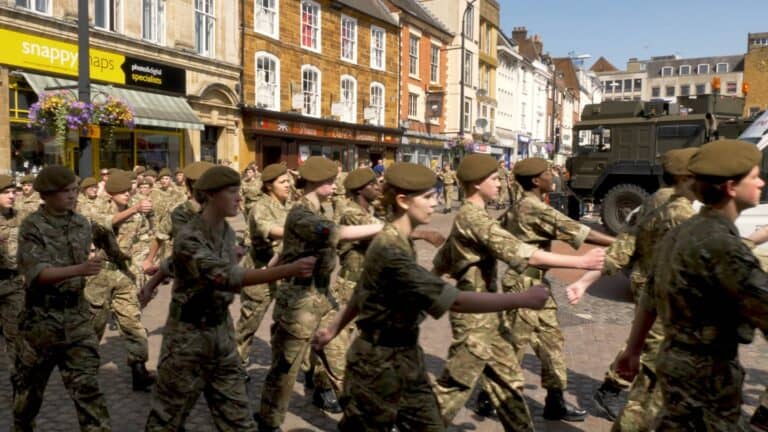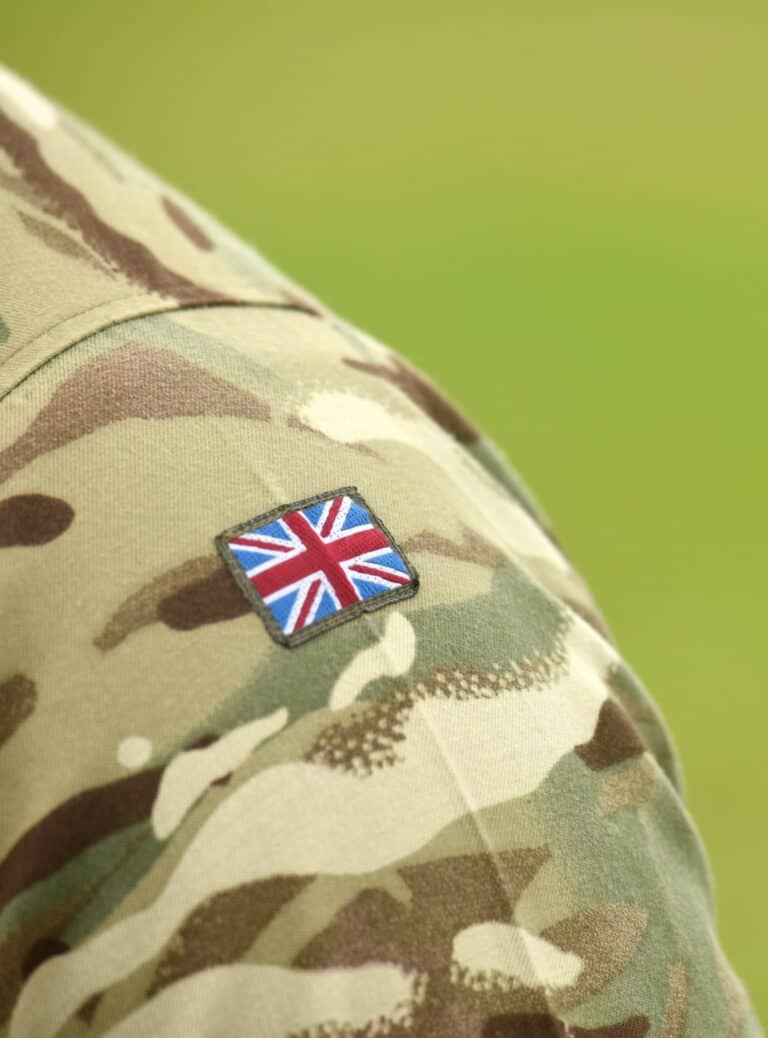
This is what must happen in the Armed Forces to prevent another Jaysley Beck case
I have been saddened and frustrated to read about the details that have emerged following the Jaysley Beck inquest. The findings are almost unbelievable, but unfortunately Jaysley’s story is all too familiar.
It is hard to imagine what her family and friends have been through in the build up to the inquest, and my deepest sympathies go out to them. It has taken more than three years for the inquest to take place and for the full facts and truth about what happened to be understood and discussed.
The wait for an inquest is agonising, but the process is nearly always worth it.
An inquest is an independent investigation into a death, the details of which are almost always publicly heard. This, in my experience, has meant there is often greater accountability and increases the chances of lasting changes being made.
I can say from firsthand experience I have noticed a positive change in the management of vulnerable personnel since the inquest of Olivia Perks – a Sandhurst military cadet who took her own life after the army missed opportunities to support her – but there is still much to do.
The changes needed
As a solicitor who represents service personnel who have been the victim of harassment and sexual assaults, it is frustrating to see the same failures being made by the Army time and time again.
There are deep cultural issues that need to be addressed. Those reporting poor conduct should not be treated as troublemakers or blamed and investigations should not seek to brush things under the carpet. Minor sanctions should not be used as redress for major allegations.
As a human and a woman, I am saddened that the experience for many women in the Armed Forces is not changing quick enough. It is somewhat of a simple issue; women need to be treated with respect and not viewed as sexual or inferior objects.
The time has come for the Armed Forces to do more than just put in place a policy. It needs to take action against anyone who undermines the value of women in the Armed Forces. This should apply to all conduct, from perceived ‘banter’ to the most serious allegations of assault, harassment and bullying. A culture where women are valued needs to be fostered.
Women should be encouraged to speak up when they have been subjected to inappropriate behaviour without fear they will not be believed or be made to feel they are in some way responsible. Collectively, all personnel should speak up whenever they witness unacceptable behaviour.
Once a report has been made, swift action needs to be taken. If impartiality cannot be maintained there needs to be provision to refer complaints to an independent body to investigate.
Without these changes I fear that stories like Olvia’s and Jaysley’s will continue to be told.










